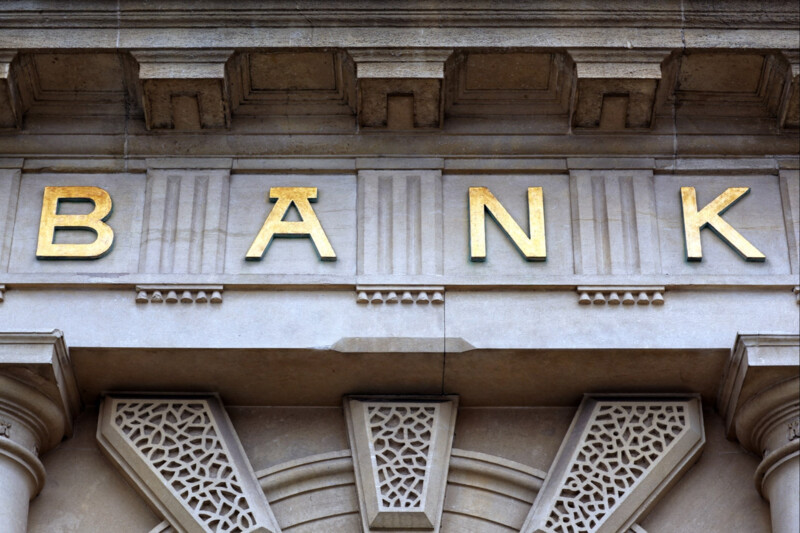À l’instar de la banque JP Morgan en décembre dernier, quatre autres banques de Wall Street vont devoir régler une amende de 200 millions de dollars chacune pour avoir insuffisamment contrôlé l’utilisation, par leurs salariés, de messageries personnelles comme Whatsapp.
JP Morgan sanctionnée en décembre 2021
Le verdict est tombé dès le mois de décembre 2021 pour JP Morgan : pour n’avoir pas été en mesure de conserver la trace des nombreux messages échangés par ses salariés sur leurs équipements personnels via Whatsapp, mais aussi par mail et SMS, la banque américaine a dû débourser 200 millions de dollars.
Ce montant regroupe deux amendes :
- une première amende de 125 millions de dollars infligée par la Securities and Exchange Commission (SEC), l’autorité de régulation des marchés financiers aux États-Unis ;
- une deuxième amende de 75 millions de dollars à régler à la Commodity Futures Trading Commission (CFTC), le régulateur du marché des produits dérivés.
JP Morgan n’est pas la seule banque à être dans le viseur des régulateurs. Au total, 5 grandes banques de Wall Street ont écopé d’une amende de 200 millions de dollars, ou sont sur le point de recevoir la même sanction.
5 grandes banques de Wall Street ciblées par les régulateurs financiers
Outre JP Morgan, on trouve dans cette liste Bank of America, Morgan Stanley, Citigroup et Goldman Sachs. Morgan Stanley a annoncé devoir régler une amende de 200 millions de dollars au moment de la publication de ses résultats trimestriels, tandis que Bank of America, qui vient de publier ses comptes trimestriels, a prévu une charge supplémentaire de 200 millions de dollars.
Goldman Sachs, d’après les informations de Bloomberg, doit intégrer une charge du même montant dans ses comptes, et Citigroup a annoncé le 18 juillet avoir mis de côté une somme équivalente.
Au total, les 5 grandes banques de Wall Street vont donc devoir débourser 1 milliard de dollars pour n’avoir pas suffisamment encadré les communications par Whatsapp, mail et SMS de leurs salariés depuis leurs smartphones et leurs ordinateurs personnels.
L’essor du télétravail a brouillé les frontières entre le professionnel et le privé, incitant les employés des banques à utiliser divers canaux de communication depuis leurs outils personnels. Or, pour limiter les risques, les régulateurs financiers exigent qu’une trace de ces communications soit conservée, une obligation à laquelle ne sont pas pliées les banques de Wall Street.
Certaines banques se protègent en interdisant purement et simplement l’utilisation de ces canaux de communication à leurs salariés, n’hésitant pas, comme HSBC à Londres, à licencier quiconque brave l’interdit. D’autres, à l’image de Deutsche Bank, espèrent échapper aux amendes des régulateurs américains en développant des logiciels destinés à conserver la trace de ces échanges.
